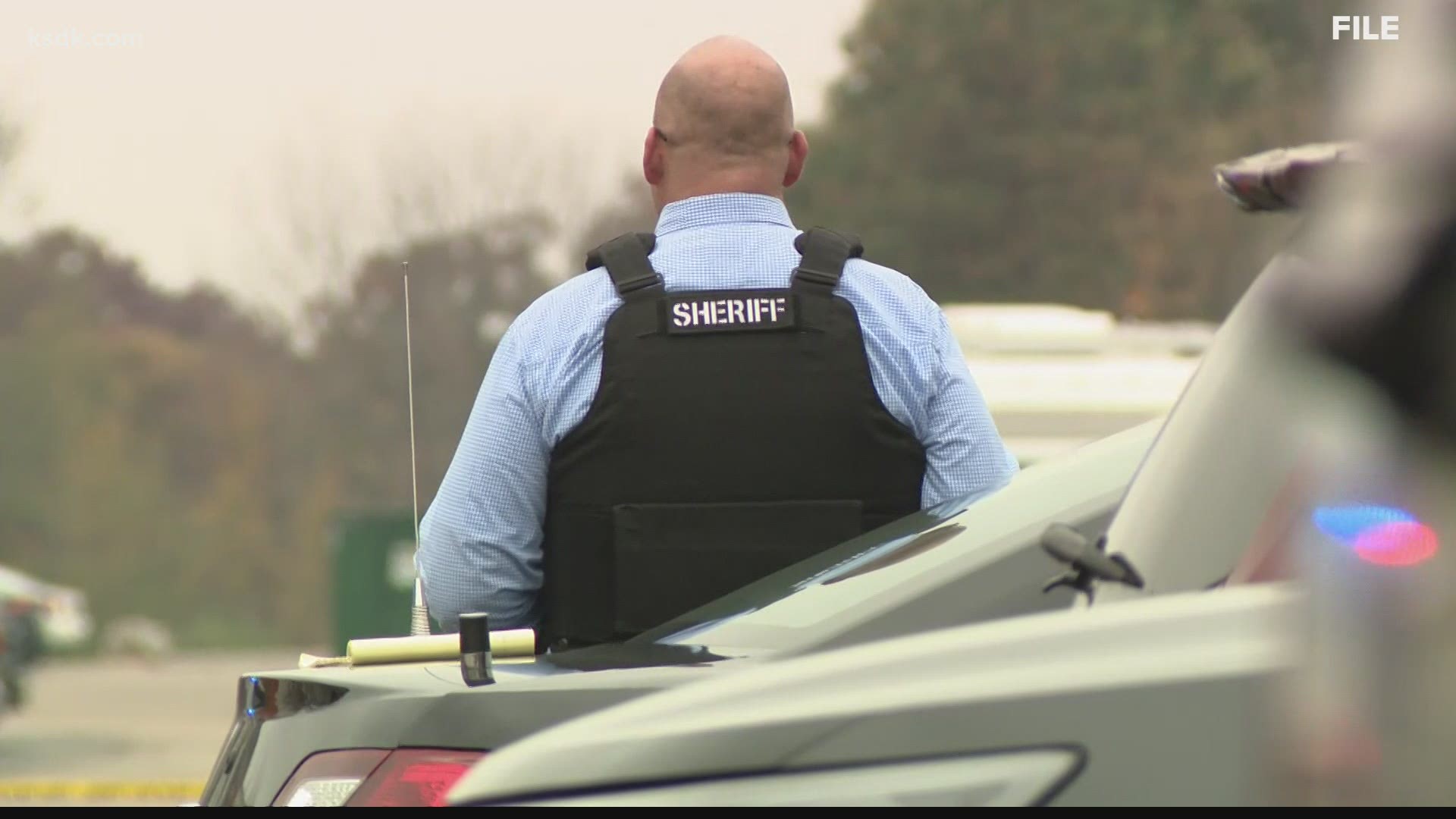ST. LOUIS — America is in a new era of policing, and law enforcement leaders weigh in on what needs to happen as we move forward.
Jefferson County Sheriff Dave Marshak said change starts with a look in the mirror.
"Law enforcement has to realize, we have a dark past when policing minority communities," Marshak said.
His office has been active in educating staff about different perspectives. Last fall, deputies received bias training in an effort to better communicate. The sheriff said change is a two-way street.
"We need to invest more in training," Marshak said. "We need to invest more in quality compensation packages to keep the 'good cops.' That's going to take an investment, not defunding. Moving forward, we need to invest in specialized units, send specialized trained individuals to certain calls. I don't think we as a society are ready to pay the bill yet."
St. Ann Police Chief Aaron Jimenez said recent changes have already made an immediate impact.
New social media, diversity, and mental health coordinators and victim advocates have already begun improving policing, he said.
At the suggestion of the diversity coordinator, last week the department changed its Tasers from black to yellow in the aftermath of the Minnesota shooting. The hires have improved communication and transparency, he said.
Chief Jimenez realizes his department doesn't have the best reputation but said the department he's building today is one the city can be proud of.
"It is life-changing. We are constantly trying to move forward and be progressive while still being proactive," Jimenez said. "It's huge trying to change that image."
Chief Jimenez and Sheriff Marshak said hiring is becoming increasingly more difficult in recent years. St. Ann Police has started a partnership with Ritenour School District to create a pipeline of young talent. Jimenez said having a presence in schools is so important to building longstanding cooperation around town.
He said the most vital quality officers need to have when coming into the profession is patience.
"Having patience is very, very important," Jimenez said. "You don't know who you are dealing with. People are dealing with mental health, anxiety."
Marshak sits on the Peace Officer Standards and Training Commission. It is the licensing for all law enforcement in the state. The commission has modified the training schedule for new recruits to include teaching the history of policing minority communities. They are also discussing increasing the minimum hours a trainee must have to get their license.
"Moving forward, there needs to be an increase in the basic minimum standards," the sheriff said.

